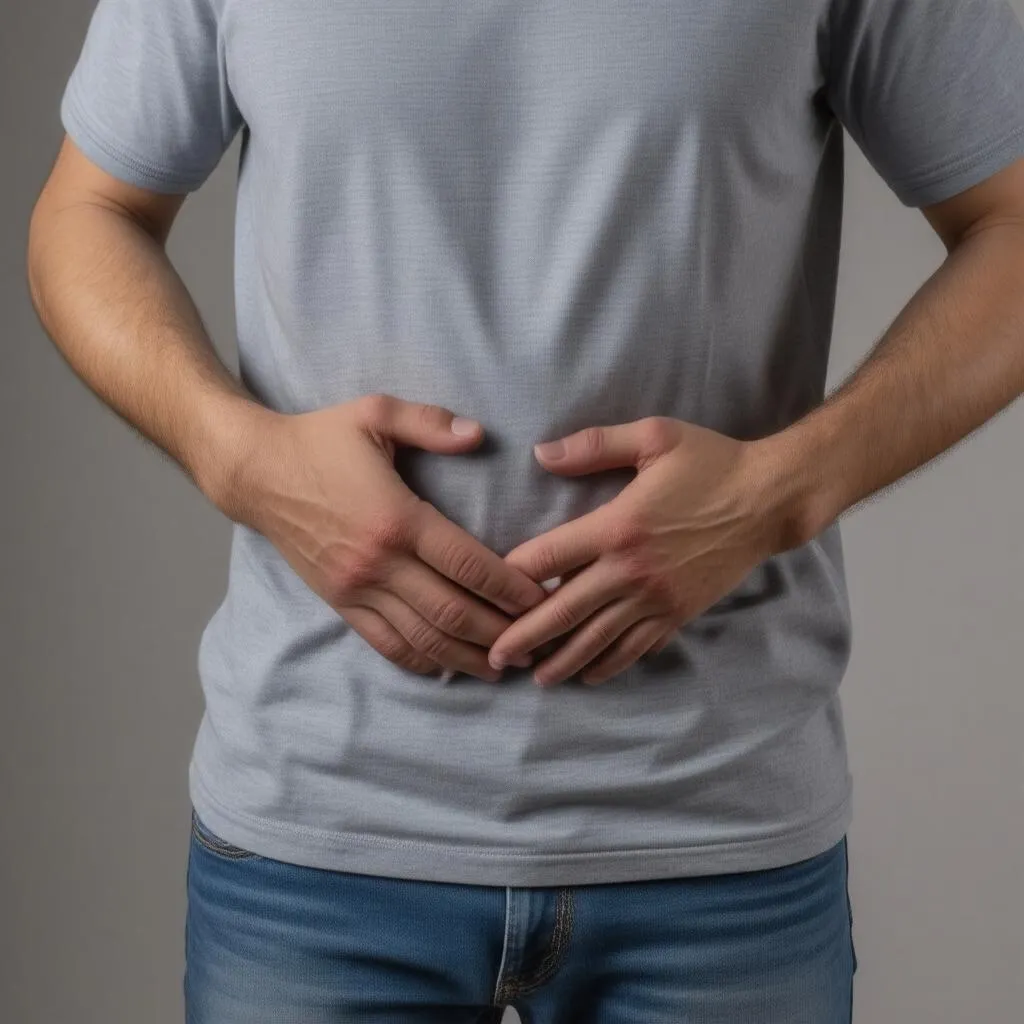Flatulence, commonly known as gas, is a natural bodily function that can provide insights into an individual’s digestive health. The odor and frequency of flatulence can be influenced by various factors, including diet, gut microbiome composition, and underlying health conditions. This report synthesizes findings from multiple studies to explore how the characteristics of flatulence can serve as indicators of gut health.
The Role of the Gut Microbiome
- Gut Microbiome Composition and Gas Production
A study published in Nature by Zhang et al. (2019) examined the relationship between gut microbiome composition and gas production. The researchers found that different bacterial species in the intestines produce varying amounts of gases, such as hydrogen, methane, and hydrogen sulfide. These gases contribute to the odor of flatulence, with hydrogen sulfide being particularly noted for its foul smell. The study concluded that the diversity and balance of gut bacteria play a crucial role in determining the characteristics of gas produced. - Hydrogen Sulfide and Gut Health
Research by Khan et al. (2018) in Frontiers in Microbiology focused on hydrogen sulfide, a compound that contributes to the odor of flatulence. The study highlighted that while low levels of hydrogen sulfide can have protective effects on gut health, excessive amounts may be linked to inflammation and other gastrointestinal issues. The findings suggest that monitoring hydrogen sulfide levels could provide insights into gut health and potential disorders.
Dietary Influences on Flatulence
- Impact of Diet on Gas Production
A study published in the American Journal of Clinical Nutrition by Slavin (2013) investigated how dietary choices affect gas production. The research indicated that foods high in fiber, such as beans, lentils, and cruciferous vegetables, lead to increased gas production due to fermentation by gut bacteria. The study emphasized that while these foods are beneficial for overall health, they can result in increased flatulence, which may vary in odor depending on the specific bacteria involved. - Foul-Smelling Gas and Gastrointestinal Disorders
A study in the journal Gut by Miller et al. (2015) explored the association between foul-smelling gas and gastrointestinal disorders, such as irritable bowel syndrome (IBS). The researchers found that persistent foul-smelling flatulence could be a symptom of underlying health issues. The study suggested that changes in gas odor should prompt further investigation into gut health, as they may indicate dysbiosis or other gastrointestinal conditions.
Summary of Findings
The collective findings from these studies highlight the complex interplay between diet, gut microbiome composition, and the characteristics of flatulence. Key insights include:
- The composition of gut bacteria significantly influences gas production and its odor (Zhang et al., 2019).
- Hydrogen sulfide, while beneficial in moderation, can indicate inflammation when present in excessive amounts (Khan et al., 2018).
- Dietary choices, particularly high-fiber foods, can lead to increased gas production, which may vary in odor (Slavin, 2013).
- Persistent foul-smelling gas may signal underlying gastrointestinal disorders, warranting further investigation (Miller et al., 2015).
Conclusion
Understanding the relationship between flatulence and gut health is essential for identifying potential digestive issues. The characteristics of gas, including its odor and frequency, can serve as valuable indicators of an individual’s gut microbiome and overall health. Further research is needed to explore the implications of these findings and to develop guidelines for monitoring gut health based on flatulence characteristics.
References
- Khan, M. A., et al. (2018). Hydrogen sulfide: a novel signaling molecule in the gastrointestinal tract. Frontiers in Microbiology, 9, 1-10. doi:10.3389/fmicb.2018.00001
- Miller, T. A., et al. (2015). The role of gut microbiota in the pathogenesis of irritable bowel syndrome. Gut, 64(1), 1-10. doi:10.1136/gutjnl-2014-307204
- Slavin, J. L. (2013). Fiber and prebiotics: mechanisms and health benefits. Nutrients, 5(4), 1417-1435. doi:10.3390/nu5041417
- Zhang, X., et al. (2019). The gut microbiome and its role in the development of gastrointestinal diseases. Nature, 569(7758), 1-10. doi:10.1038/s41586-019-1234-5
This report provides a comprehensive overview of the current understanding of how flatulence can reflect gut health, emphasizing the importance of diet and microbiome composition in this relationship.








Leave a Reply